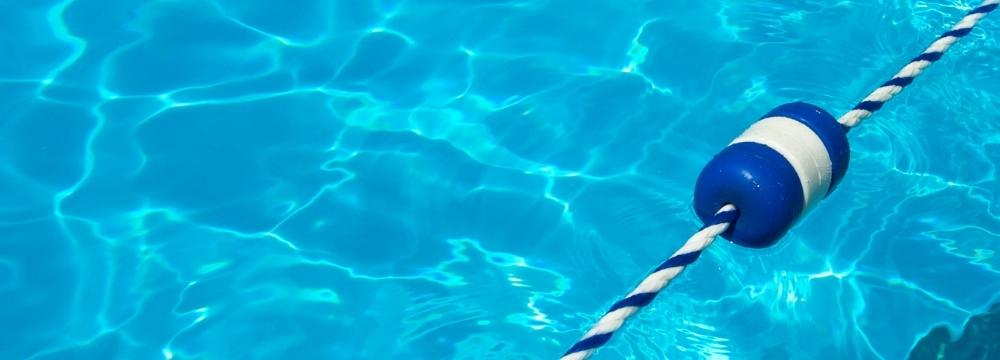After Bariatric Surgery

In the first few months after bariatric surgery, you will lose significant weight but remain overweight for quite some time. This extra weight adds pressure on your joints to the tune of 4 pounds for every extra pound of body weight. Many high-impact exercises, like running, can hasten the degeneration of joints, especially in the ankles and knees, so they should be avoided. Swimming, on the other hand, represents a low-impact exercise that works just about every major muscle group in the body. You can get appropriate exercise, vary the intensity of your activity as needed, and not put additional strain on your joints.
Further, swimming and swim-based sports offer a fun alternative to exercises on land. We are lucky enough to live near the warm waters of the Gulf of Mexico, so swimming in the gulf all year long is doable. Offshore swimming can be even more enjoyable if you throw on some snorkel gear and watch the sea life as you exercise. Though we don’t have many waves, small currents can add a bit of intensity to our workout, much like an incline would if we were walking or running.
Another very important benefit of swimming is the muscles it works. You may experience core instability as you lose weight, which can lead to joint and back pain. While this can be scary for some, it is expected as the body adapts to its new weight realities. Swimming is excellent for core musculature, which includes the abs and lower back, and can offer excellent stability for a patient losing a significant amount of weight quickly.
Pitfalls to Look Out For
If you do not use proper swimming form – for example, not being flat and towards the surface of the water during your crawl (this is achieved by kicking your legs vigorously) you may be putting undue stress on certain muscles and joints. In this example, that would be the shoulders. If you continue to exercise inappropriately, you can injure yourself or speed up the degeneration of the joint being overworked. The last thing you want is to injure yourself or tear something that could sideline you for weeks or even months.
Also, because you are submerged in water typically cooler than your body temperature, you may become hungry as your body works overtime to warm itself up. This often leads to consuming too many calories, which you can rationalize by saying, “But I had a great workout!” Remember, it’s far easier to consume calories than burn them off. So, take your time and warm up with a glass or two of room-temperature water. After a couple of hours or so, feel free to prepare yourself a healthy meal. You can also time your swim workouts to when you are not particularly hungry and eat fewer calories.
In the spirit of staying interested in exercise, swimming is an essential part of any weight loss program. We encourage you to swim frequently if that is your preference but remember to switch it up and use different muscle groups, as well as vary your intensity from workout to workout. Also, try new strokes but always focus on your core strength. If ever in doubt, call us, and we can help you work through your new swimming or exercise routine.
The Bottom Line
Swimming is a wonderful exercise that we encourage all our patients to perform after their wounds have healed from surgery. Please note that in the first couple weeks after surgery, you should not submerge yourself in water, whether a bath or swimming pool, to ensure that your incisions close properly and you do not experience any complications.









